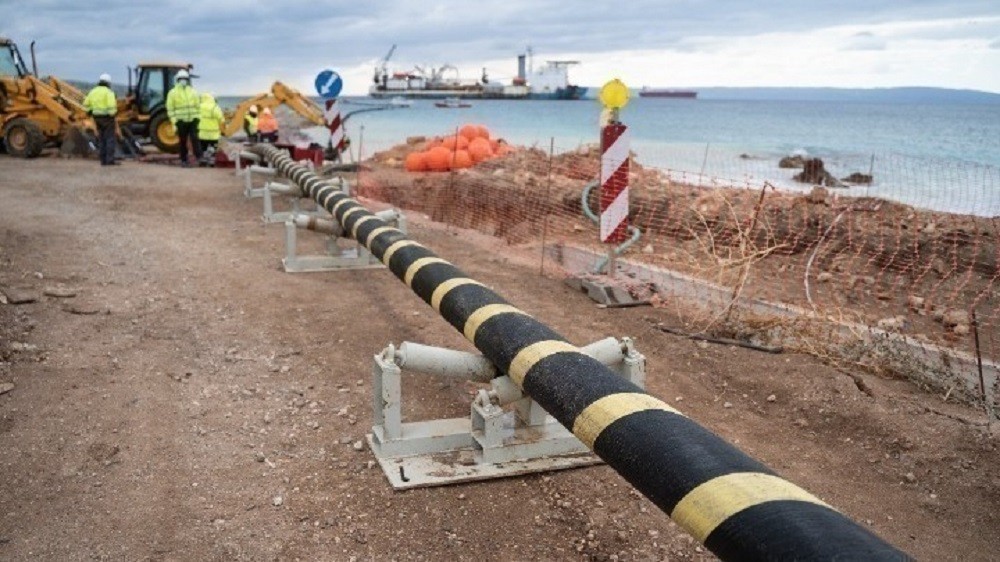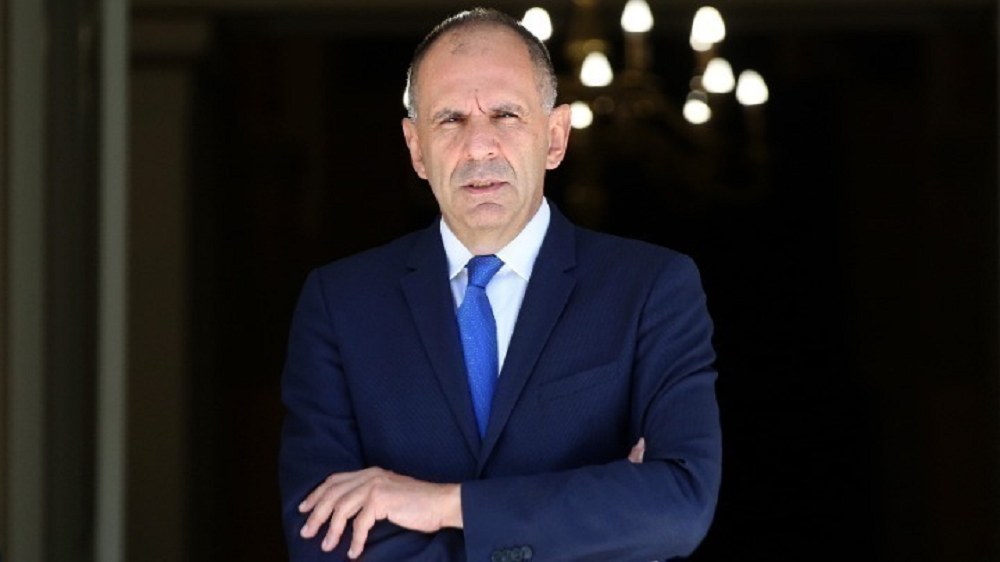
Greece’s migration minister critical of pressures on Greece over refugee flows
AMSTERDAM (ANA-MPA/ M. Aroni) In statements while attending an informal EU justice and home affairs ministers’ meeting in Amsterdam on Monday, Greece’s Alternate Migration Policy Minister Yiannis Mouzalas criticised the pressures on Greece relating to the refugee crisis and noted that excluding Greece from Schengen would not solve the problem. At the meeting, EU ministers instructed the European Commission to explore a procedure to extend temporary internal border checks within the Schengen area for up to two years.
“Schengen is part of a game for assigning responsibility: if you don’t do this or that, we will do this to you. It is a punishment,” Mouzalas said, adding that Greece did not wish to take part in a process that leads nowhere and will not help in tackling the refugee crisis.
Mouzalas represented Greece at the meeting, along with Alternate Citizen Protection Minister Nikos Toskas.
The Council also urged the Commission to examine the possibility that the EU border agency Frontex provide assistance in guarding the border between Greece and the Former Yugoslav Republic of Macedonia (FYROM) and to examine the existing legal framework with “flexibility” and “pragmatism”.
Greek authorities were aware of where delays had occurred, Mouzalas told reporters, adding that the problems should be dealt with in common. He noted that countries “in a panic” wanted to close their borders but that this would convert a European crisis into a humanitarian crisis in Greece, where hundreds of thousands of migrants and refugees would be trapped. The situation required “more Europe” but isolated actions meant less Europe, he added.
While admitting that there were delays in setting up hotspots on Greek islands, Mouzalas said that these will be ready by early March at the latest and noted that delays by other EU member-states were partly to blame, including slowness in providing assistance, providing too little help and failure to swiftly implement agreements on the relocation of refugees within Europe.
Since receiving an additional 100 EURODAC fingerprint scanners last week, Greece was now able to take the fingerprints of 80-90 pct of the migrants arriving, he added.
Commenting on accusations that Greece was not doing enough to protect its borders with Turkey, the minister noted that Greece was acting in accordance with international law and the law on the sea, as well as European and Greek law.
“We are guarding our sea borders very well, in addition to Europe’s pride, by saving people,” he said.
Toskas also pointed to the extreme slowness of the readmission process, noting that the activation of the relevant agreement with Turkey after many years had led to the return of 80 migrants to Turkey in three months, while the results for Morocco and Pakistan were currently nil.

